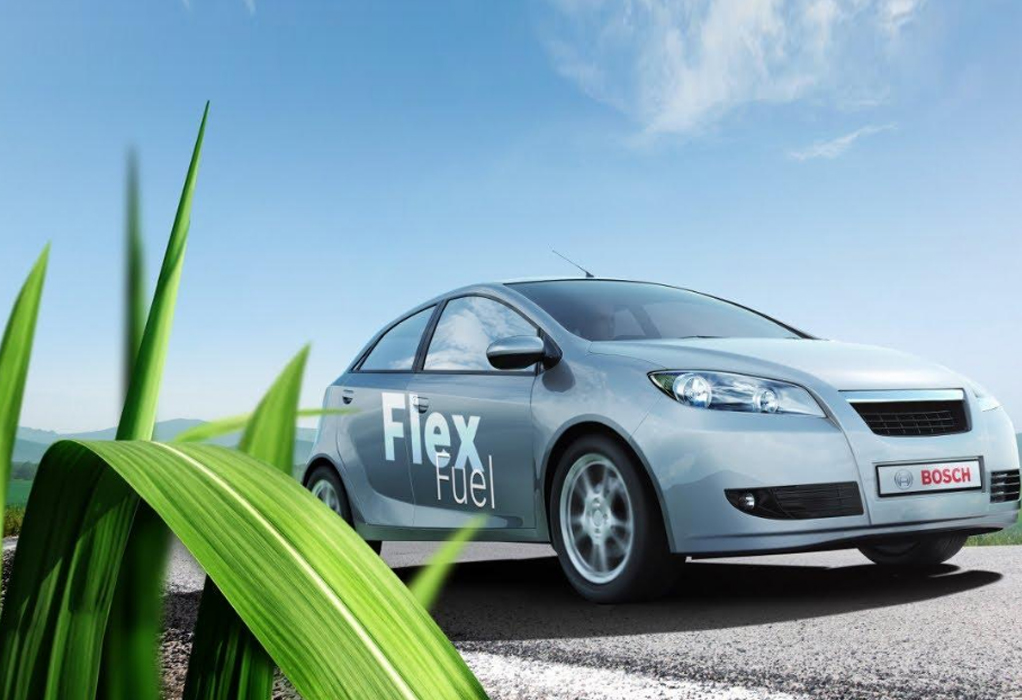Auto companies may soon be asked to manufacture passenger and commercial vehicles that run on multiple fuel configuration aimed at reducing the use of polluting fossil fuels and cutting down harmful emissions.
New guidelines for use of flexible fuel vehicles (FFVs) using flex engines is expected to be issued by the third quarter of current year (FY22) that would specify engine configuration and other changes required in vehicles to conform to stipulated changes in fuel mix.
The Government is also working on an incentive scheme to promote manufacture and use of flex engines in vehicles. The details would be specified when policy in this regard is unveiled.
The use of flexible fuel vehicles (FFVs) is being actively looked at by the government to ensure increased use of bio-fuels for running vehicles, Petroleum Secretary Tarun Kapoor had told earlier.
An FFV is a modified version of vehicles that could run both on gasoline and doped petrol with different levels of ethanol blends.
These are currently being used successfully in Brazil, giving people the option to switch fuel (gasoline and ethanol) depending on price and convenience. In fact, a majority of vehicles sold in Brazil are FFVs.
For India, FFVs will present a different advantage as they will allow vehicles to use different blends of ethanol mixed petrol available in different parts of the country.
The current regulations allow for mixing up to 10 per cent ethanol in petrol. However, due to short supplies and transportation challenges, 10 per cent blended petrol is available only in 15 states while bio-fuel in other states varies between 0 to 5 per cent.
FFVs will allow vehicles to use all the blends and also run on unblended fuel.
Govt issues draft notification on ethanol blending in petrol
In a first step to reduce price of petrol, the government issued the first draft notification on ethanol blending in the fuel. The draft notification proposes 12 per cent and 15 per cent ethanol blending in petrol as automotive fuels.
The draft notification reads, “The newly manufactured gasoline vehicles fitted with spark ignition engine compatible to run on ethanol gasoline blends of E-12 and E-15 shall be type approved as per prevailing gasoline emission norms.”
Ethanol blending in petrol is likely to reduce the overall price of the fuel which has shot beyond Rs 100 per litre in several places across India. It is also seen as a way to reduce vehicular pollution and bring down costly fuel imports.
Earlier this month, Prime Minister Narendra Modi had revised the date to achieve 20 per cent ethanol-blending with petrol by preponing it by five years to 2025. The government had earlier set a target of reaching 10 per cent ethanol blending by 2022 and 20 per cent by 2030.
The stakeholders have been asked to reply to the draft notification within the next 30 days.
The government will formally start ethanol blending process after all stakeholders send in their opinion.
To make ethanol-based petrol more mainstream, the government is likely to make flex-fuel engines, compatible with such fuel, mandatory for all vehicle manufacturers in the country. A decision in this regard is expected by next month.




Recent Posts
PIL Conducts First Simultaneous Cargo and LNG Bunkering in Singapore
NYK Takes Delivery of LNG-Fuelled Capesize Bulker SG Dawn
Swire Shipping joins Achilles Maritime Network to strengthen supply chain sustainability and compliance
L&T Open to Minority Stake Sale in Green Hydrogen and Ammonia Projects
Government Briefs Parliament on Oil, Gas, and Alternative Fuel Projects
Angola’s NVS Targets Green Methanol Production for Multiple Sectors
CBH Group Trials Biofuels to Cut Maritime Emissions in Grain Exports to Europe
Grimaldi Group Takes Delivery of Ammonia-Ready PCTC Grande Tianjin